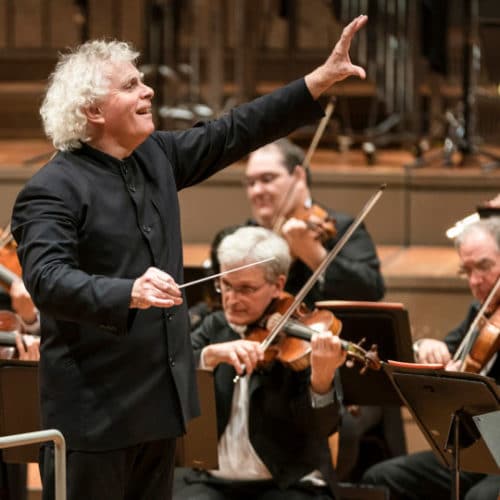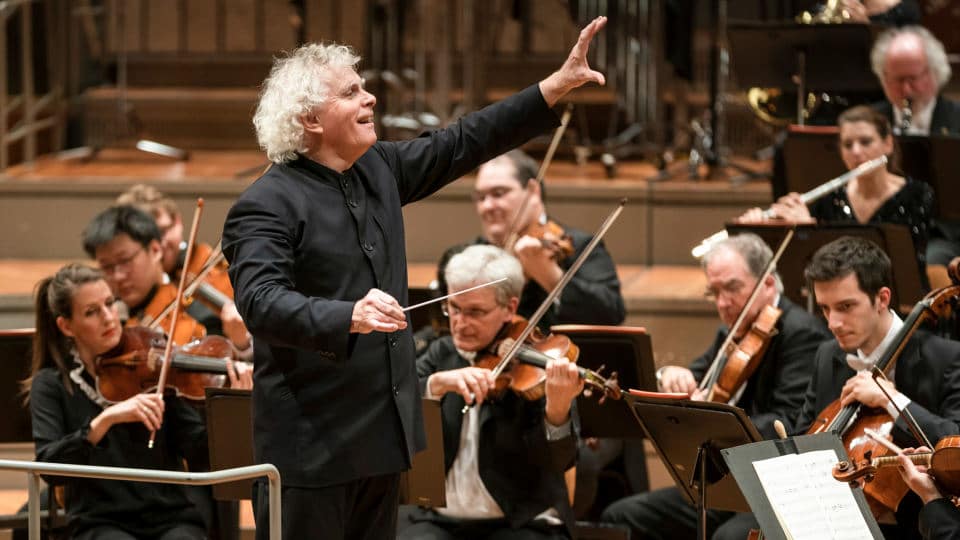Your guide to the new world of free streaming
mainMore than 160,000 people worldwide watched the free-stream of Carmen from Berlin’s Staatsoper under den Linden last night.
We don’t have numbers yet from the Philharmonie, which streamed a Simon Rattle concdert, but a decision was taken today by the Berlin Philharmonic Orchestra to make access to its Digital Concert Hall free to all viewers until 19 April 2020, using the code below.
You can access all the concerts and films in the Digital Concert Hall free of charge for 30 days with the code BERLINPHIL. The last date to activate the code is Tuesday, 31 March 2020.
Click here for access.
The Bavarian State Opera, not to be outdone, is to make at least four performances available for free livestream, including a concert with Igor Levit and Joana Mallwitz.
After the cancellation of all performances at the Bayerische Staatsoper from 11 March to 19 April, we will try to provide individual performances as live stream or video-on-demand on STAATSOPER.TV.
On Monday, the 5th Academy Concert with Joana Mallwitz and Igor Levit will be available live and 14 days as video-on-demand, before the ballet classic Swan Lake will be broadcast live on STAATSOPER.TV on 21 March.
In addition, Il trovatore with Jonas Kaufmann and Anja Harteros as well as Judith with Nina Stemme and John Lundgren are available as video-on-demand.
You can find the full online schedule here.

The Vienna State Opera will offer one free opera a day from tomorrow. Click here.
The Met, playing catch-up, will offer a free nightly opera online from Monday at 7.30pm
This could be the start of a behavioural revolution.






Comments